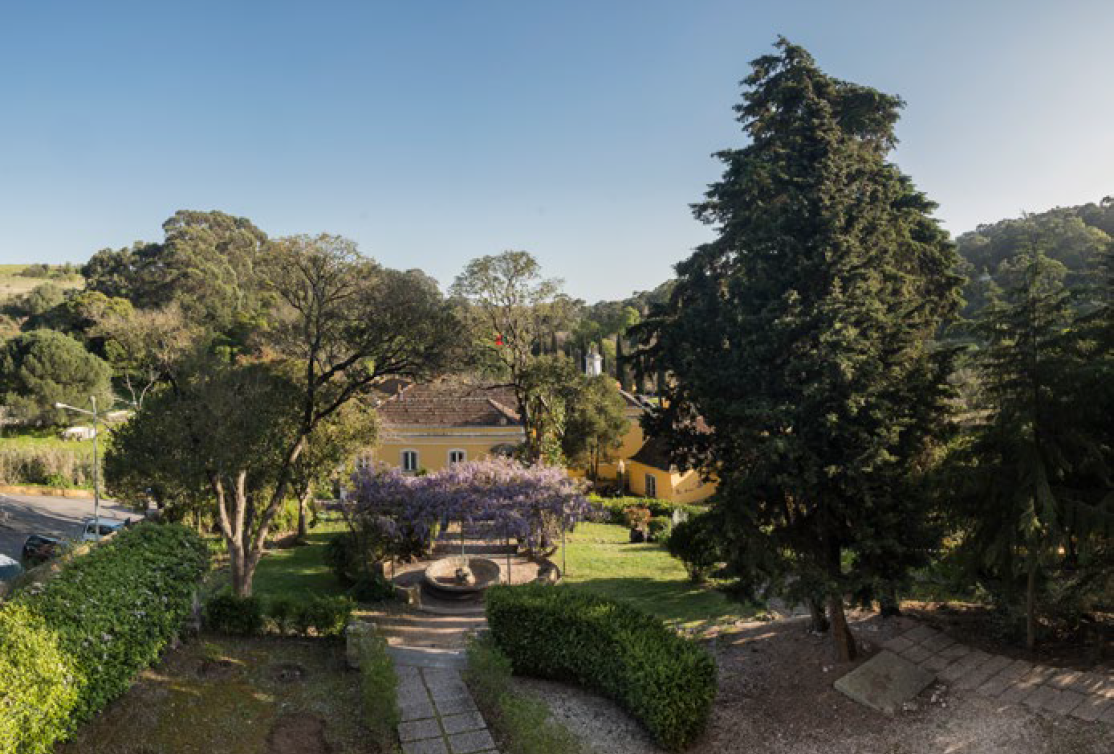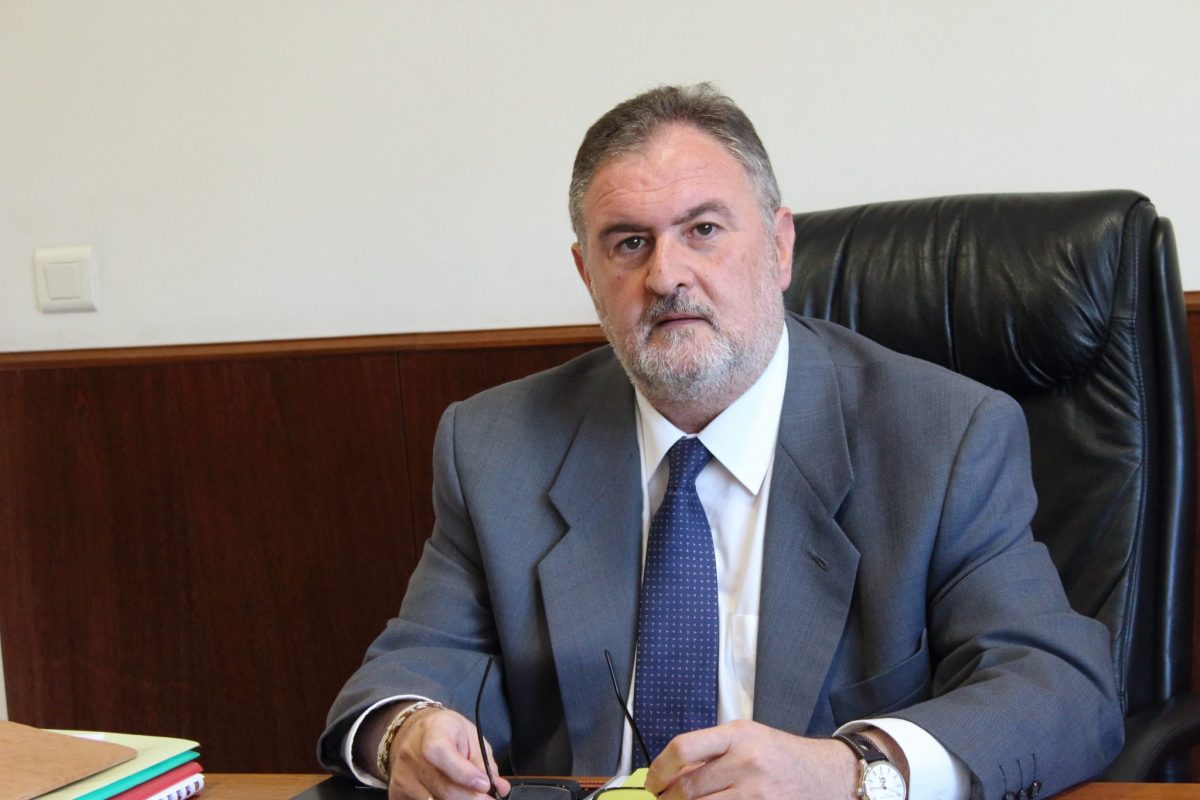Fábrica da Pólvora is located in the Barcarena Valley, a place abundant in water that has played a decisive role in Barcarena’s economic and social life for centuries. The history of the place goes back to 1487, being called Ferrarias de El-Rey, founded by King D. João II. Later, in the 17th century, a black powder factory was born here, which was closed just in 1988. Here, invention, diffusion and composition of gunpowder took place for many years, with the galgas mill and the use of new sources of energy as steam as well as hydroelectric and diesel engine power.

Today the fuse is not one of gunpowder but of innovation. The explosions that have occurred here over so many years are now explosions of knowledge.
Atlântica University was born here, on such a historic and heritage spot, in 1996, as a public interest institution, which sought to be a reference oriented towards the creation, transmission and dissemination of knowledge, science and technology through the articulation of study, teaching, research and experimental development.
With a very unique and beautiful green campus, managed by E.I.A., S.A., the founding entity created in 1993, had as shareholders university professors, researchers, financial institutions, and the Oeiras City Council, which remained the main shareholder until 2014, when Carbures – a multinational company that produces carbon fiber parts for aircrafts, bought 87% of EIA’s share capital. Nowadays, 87% still comes from Spanish investment.
Now Atlântica is the heir to the vocation for teaching and research directed towards interaction with civil society, to which an interaction component with the business and the industry has been added. Atlântica allows students to have high quality learning and research, with specialized training, integrated with the reality of companies, and in this way, greater employability.
Atlântica has broadened its scientific interests and consolidated its teaching and research strands, promoting the important industry/higher education/research link. This strong relationship has been materialized through the creation of a technological pole of development in the area of materials and aeronautical engineering and, currently, also mechanical engineering. This relationship allows for the transfer of knowledge from the companies to the university, in a bidirectional relationship, training graduates, masters and PhD’s, with useful skills for the companies. Through this teaching model, which promotes adequate integration between university and companies, transversal and complementary areas of knowledge (health studies, business sciences, IT, engineering), and an investment in research that gives rise to applied innovation, Atlântica makes a difference in higher education in Portugal, both private and public.
In an increasingly globalised world, where the flow of resources and knowledge is ever greater, Atlântica has made a solid path in terms of its capacity for innovation and value creation, helping to ensure new skills, essential for its students to be able to face a constantly evolving reality. In addition to strong and consolidated training in core areas, which we consider essential for the personal and professional future of the student, Atlântica is also concerned with training in ethical issues, corporate social responsibility, the environment and diversity and inclusion. Thus, important training in social and human areas, valuing soft skills, is fundamental in the present and in the future.

In an era that is characterized by the conceptual fusion of technologies that shorten the boundary between physical and digital systems and the human being, considering that innovation is currently related to artificial intelligence, big data and analytics, process simulation, IoT, connectivity, intelligent sensors, advanced man-machine interfaces, augmented and virtual reality, cloud computing, additive manufacturing, among other topics that we introduce in the contents of the Courses, it becomes essential to train our young people in human areas but also inaptitude for new technologies.
Some goals and projects for the near future: to increase the visibility and sustainability of R&D activities and actions; to boost the creation, development and presentation of new lines of research and projects in the most diverse areas of innovation and scientific development; to establish new scientific networks and partnerships at national and international level; to promote the use of its resources for services in the area of research and technological development, as well as in the area of well-being and relationship with the community, with the support of the University Clinic and the ESSATLA (School of Health Studies), as well as promoting concepts such as the happy school or the data science school. There is also the need and desire to develop e-learning training in Portugal and to strengthen professional and vocational training programs.
We will continue to try to rediscover the gunpowder and to create explosions of knowledge.














